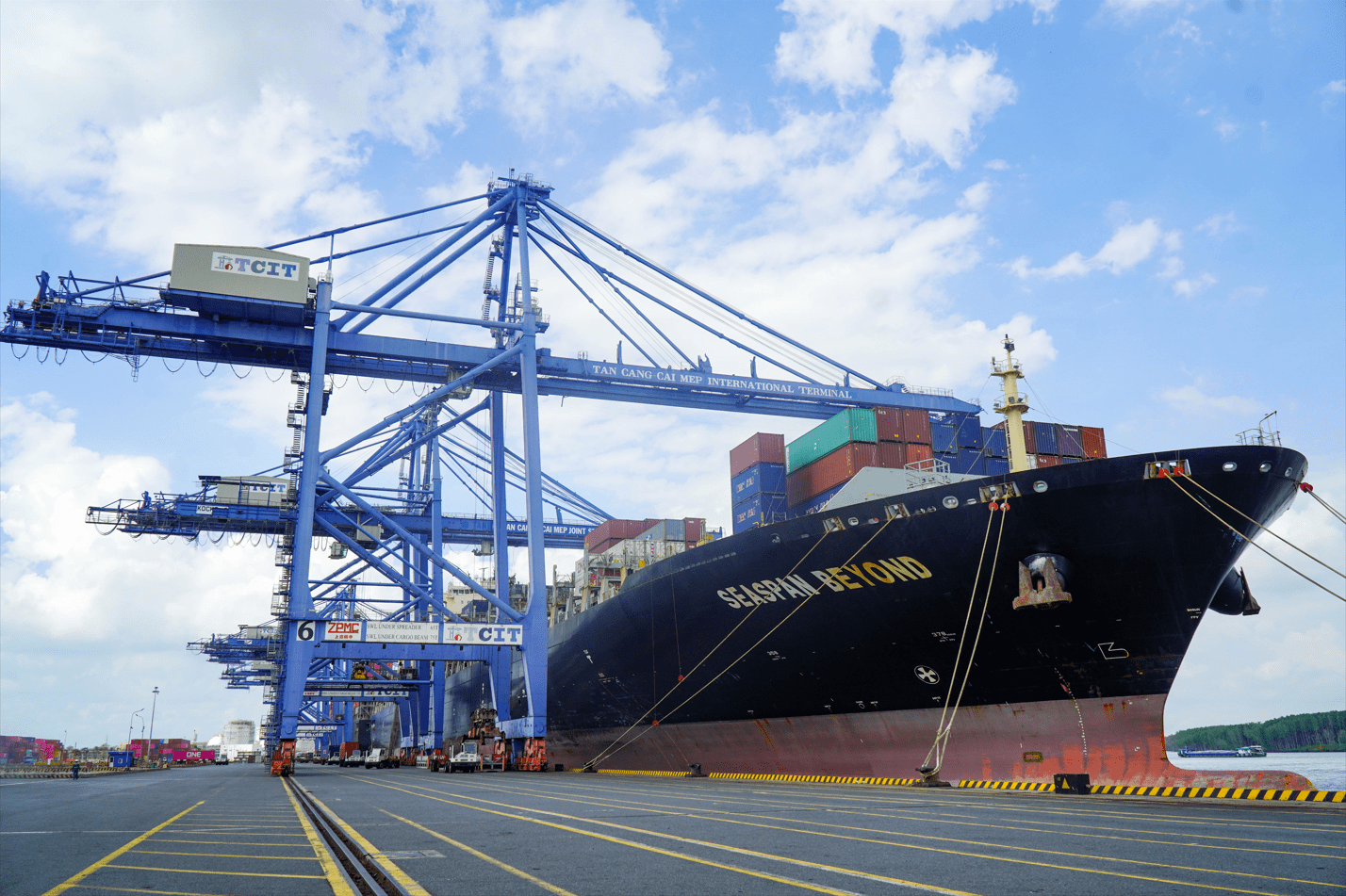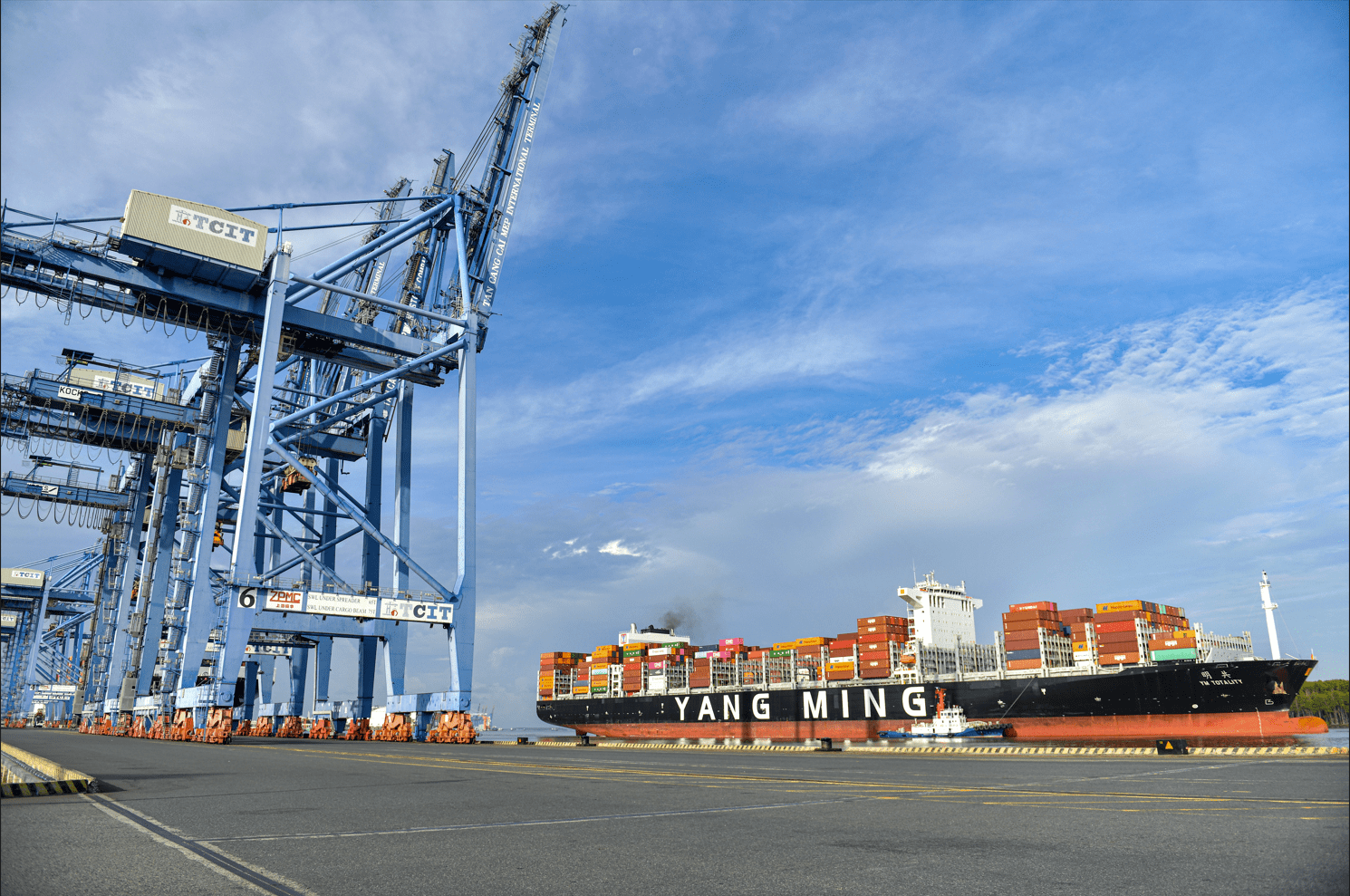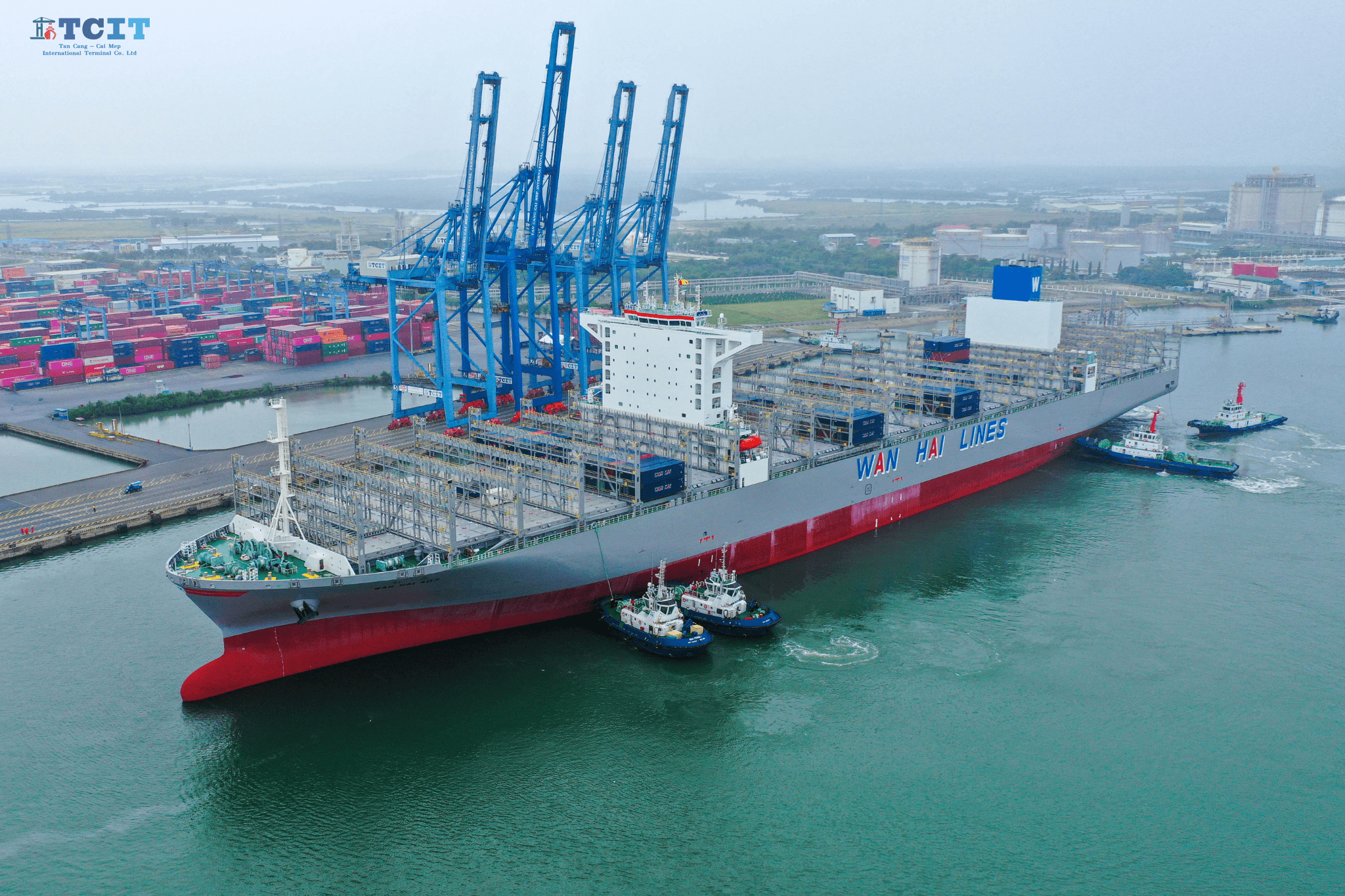China Merchants Group is in talks to invest in port assets owned by French shipping company CMA - CGM as the state-owned firm seeks to diversify geographically and boost capacity, people familiar with the matter said.
China Merchants is considering spending at least several hundred million U.S. dollars on the potential transaction, according to the people, who asked not to be identified because the information is private. It may opt to do the deal through Hong Kong-listed unit China Merchants Port Holdings Co., the people said.
Any divestment would help CMA CGM reduce debt after its $1.7 billion acquisition of Switzerland’s Ceva Logistics AG. China Merchants Port bought a 49% stake in CMA CGM’s Terminal Link unit for about 400 million euros ($443 million) back in 2013.
The Terminal Link business runs about 13 container terminals in countries such as the U.S., France, Greece, Morocco and South Korea, according to its website. CMA CGM also owns CMA Terminals, which has 32 terminals globally either in operations or under construction.
CMA CGM’s 2025 euro bond rose 1.7 cents on the dollar to 78.5 cents, the highest level in two months, according to Bloomberg-compiled prices.
Talks are still ongoing and may still fall apart, the people said. A representative for China Merchants Group referred Bloomberg News to a response by China Merchants Port, which said it had no comment. A representative for CMA CGM declined to comment.
China Merchants Port develops, invests and operates ports across China, Hong Kong and Taiwan. It also has a presence in South Asia, Africa, the Mediterranean and South America. It counts about 36 ports in 18 countries and regions. Its parent company, state-owned China Merchants Group, was founded in 1872 with businesses spanning transportation, finance and property.
PSA Makes First Foray into the US with Penn Terminals
Singapore-based port operator PSA International has completed the acquisition of Penn Terminals from Macquarie Infrastructure Partners, following formal approval by the relevant regulatory authorities.
Located on the Delaware River, United States, Penn is one of the best equipped, privately owned multipurpose marine terminals on the Eastern Coast of the U.S., according to PSA.
“This acquisition represents PSA’s very first foray into the U.S. We are delighted to embrace Penn as the newest member of the global PSA family and to be able to participate in its continued growth and expansion,” Tan Chong Meng, Group CEO, PSA International, said.
Penn has recently undergone a significant capacity upgrade with the addition of two new post-panamax Ship-to-Shore (STS) cranes in late 2018; bringing its total STS count to four.
The terminal is also a key component of the perishable cargo handling infrastructure of the Delaware River with approximately 2,850,000 cubic feet (80,400 cubic meters) of on-dock reefer warehouse space.
In North America, PSA also operates Ashcroft Terminal, British Columbia’s largest inland port facility and halterm Container Terminal, the only facility in Eastern Canada that can serve mega container vessels.
Tianjin Container Terminals Wrap Up Merger
COSCO Shipping Ports, Tianjin Port Holdings and China Merchants International Terminals (CM Terminals) have completed a merger concerning their respective subsidiaries.
Under the agreement signed at the end of June 2019, Tianjin Port Container Terminal (TCT), a subsidiary of Tianjin Port Holdings, merged with Tianjin Five Continents International Container Terminal (FICT) and Tianjin Orient Container Terminals (TOCT).
TCT absorbed FICT and TOCT which have been deregistered as legal entities.
On August 28, TCT, as the surviving entity, was 76.68 percent owned by Tianjin Port Holdings.
An additional 10.01 percent is now controlled by Cosco Ports (Tianjin) Limited (CP Tianjin) and 6 percent by China Shipping Terminal Development (CSTS), both being part of COSCO Shipping Ports.
Finally, the remaining 7.31 percent in TCT is now owned by CM Terminals.
The merger is expected to result in optimizing the allocation of resources, enhancing the unified management of the terminals, lowering operational costs and increasing the overall competitiveness of TCT and its efficiency, COSCO Shipping Ports earlier said.
Evergreen to Order Ten 23,000 TEU Containerships
Taiwanese shipping major Evergreen has confirmed its plans to build a total of ten 23,000 TEU containerships.
According to the company’s stock exchange filing, the new vessels would be built at three shipyards.
Namely, six units would be built by South Korea’s Samsung Heavy Industries, while two each would be constructed at China’s Jiangnan Shipyard and Hudong Zhonghua Shipbuilding.
Evergreen said that the value of the entire order stands between USD 1.4 billion and USD 1.6 billion. The company opted for the move as part of its fleet optimisation plans.
With this decision, Evergreen has amended its earlier announced plans to buld and charter up to 11 containership giants. Under the deals from August 2019, worth around USD 1.76 billion, the company was to order five or six vessels to be built, while up to five units were to be chartered in.
Port of Long Beach Keeps Reducing Air Pollution
The Port of Long Beach’s clean-air efforts have continued dramatic reductions in air pollution, including an 87% cut in diesel emissions, according to the latest comprehensive study.
In addition to diesel particulates, the study found the port’s aggressive actions to curtail pollution have decreased smog-forming nitrogen oxides by 56% since 2005. Sulfur oxides were down 97% and greenhouse gases were 16% lower.
“We’re seeing the results of the hard work by the port and the goods movement industry, and we’re showing the world that sustainable cargo movement is possible,” said Long Beach Harbor Commission President Bonnie Lowenthal.
“There’s work to be done to get to our ultimate goal of zero-emissions operations, but I’m confident we will get there together.”
While emissions remain dramatically lower than they were in 2005, the port-funded study for 2018 found a small increase in diesel particulates and greenhouse gas emissions from the previous year’s inventory. The 2017 inventory measured an 88% decrease in diesel particulates and an 18% reduction in greenhouse gases compared to the 2005 baseline year. Port officials attributed the change to record throughput of 8.1 million twenty-foot equivalent units in 2018.
“We’ve accomplished these reductions even while container traffic has risen 21% since 2005,” said Port of Long Beach Executive Director Mario Cordero.
“The port is managing USD 150 million in projects all across our port, all in the name of cleaner air. This includes USD 80 million in grant funding to demonstrate zero emissions equipment and advanced energy systems in port operations.”
(Source: World maritime news; Seatrade maritime; American Shipper; VN Customs News)
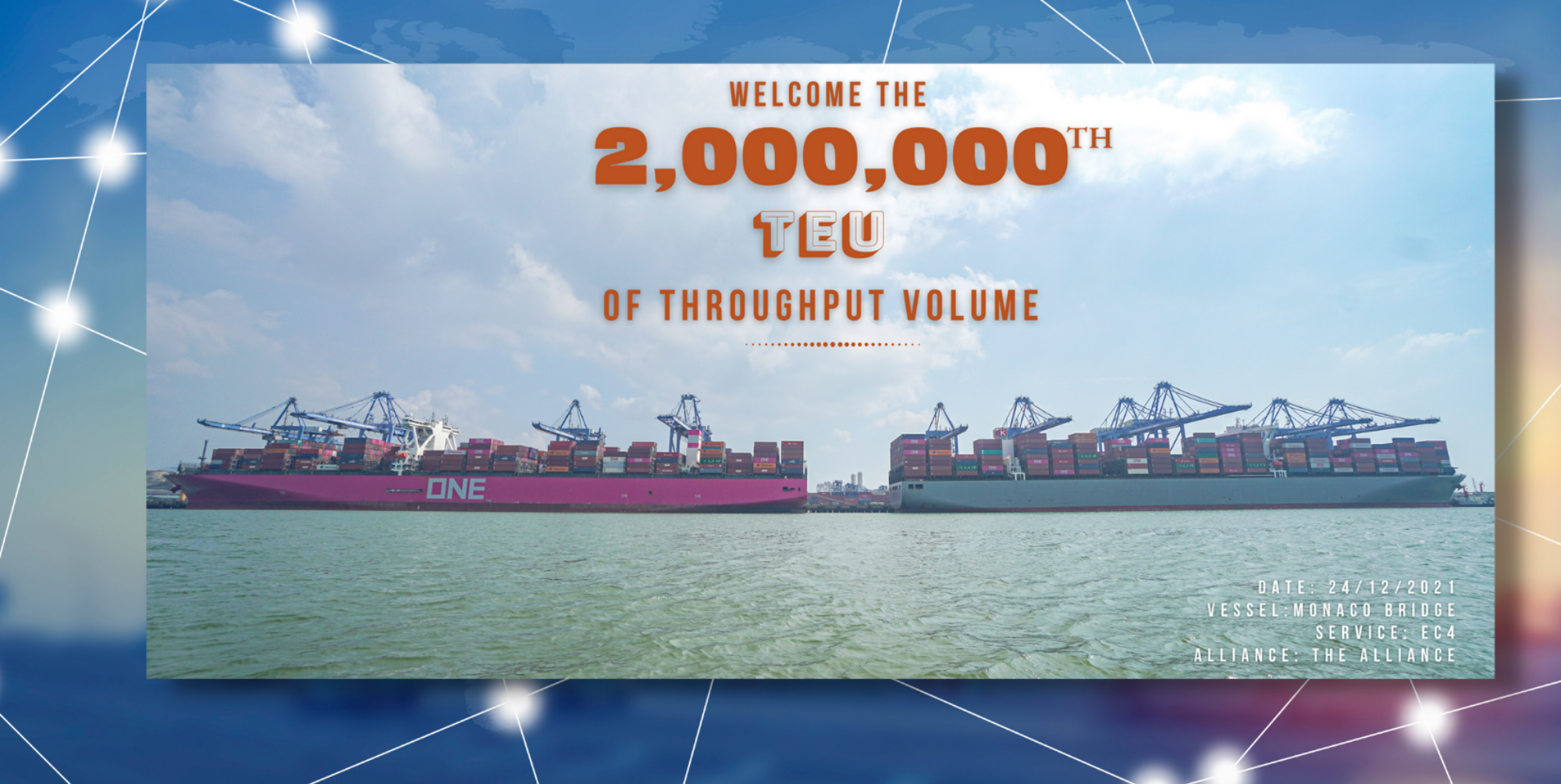
.png)

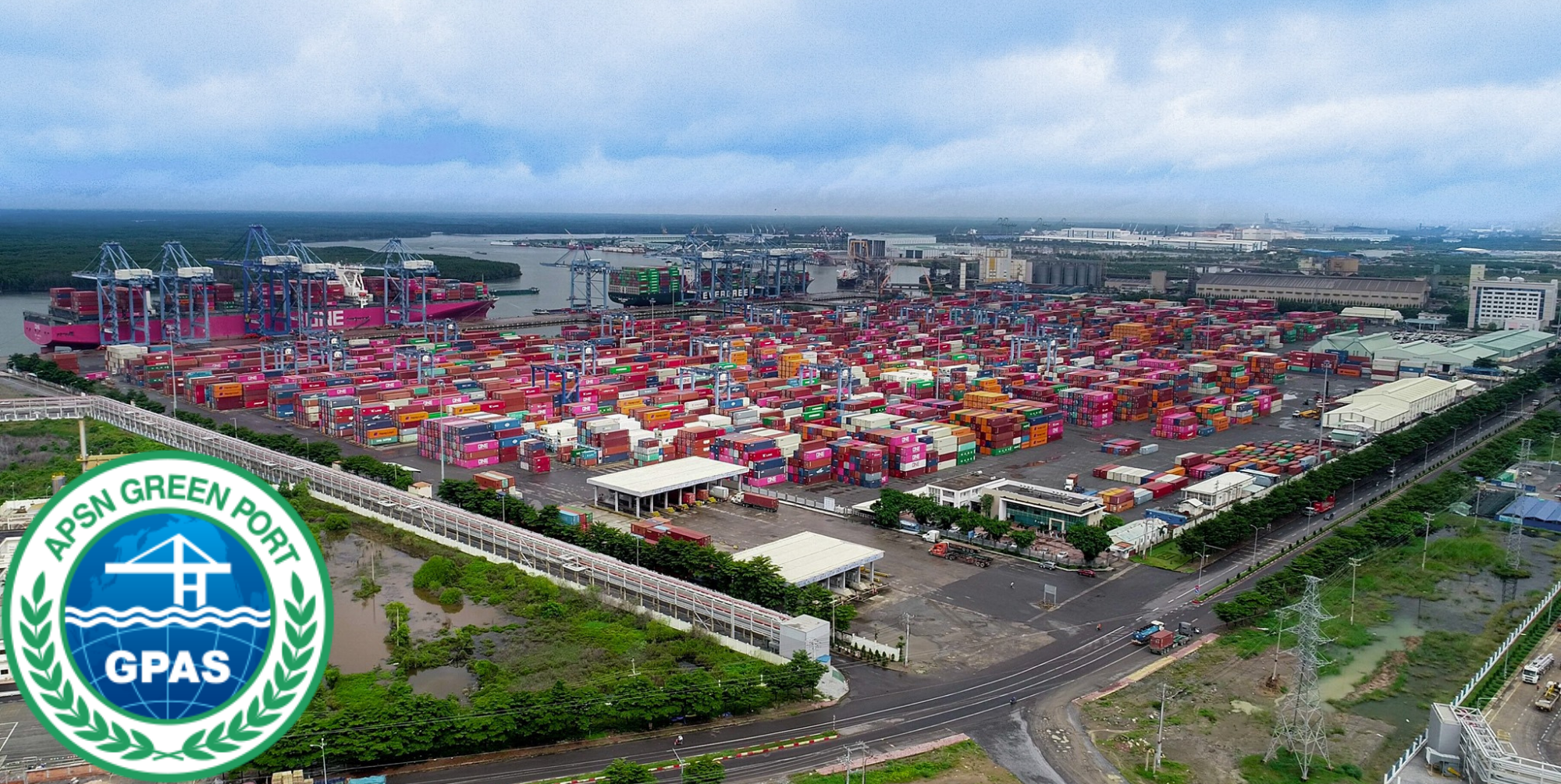

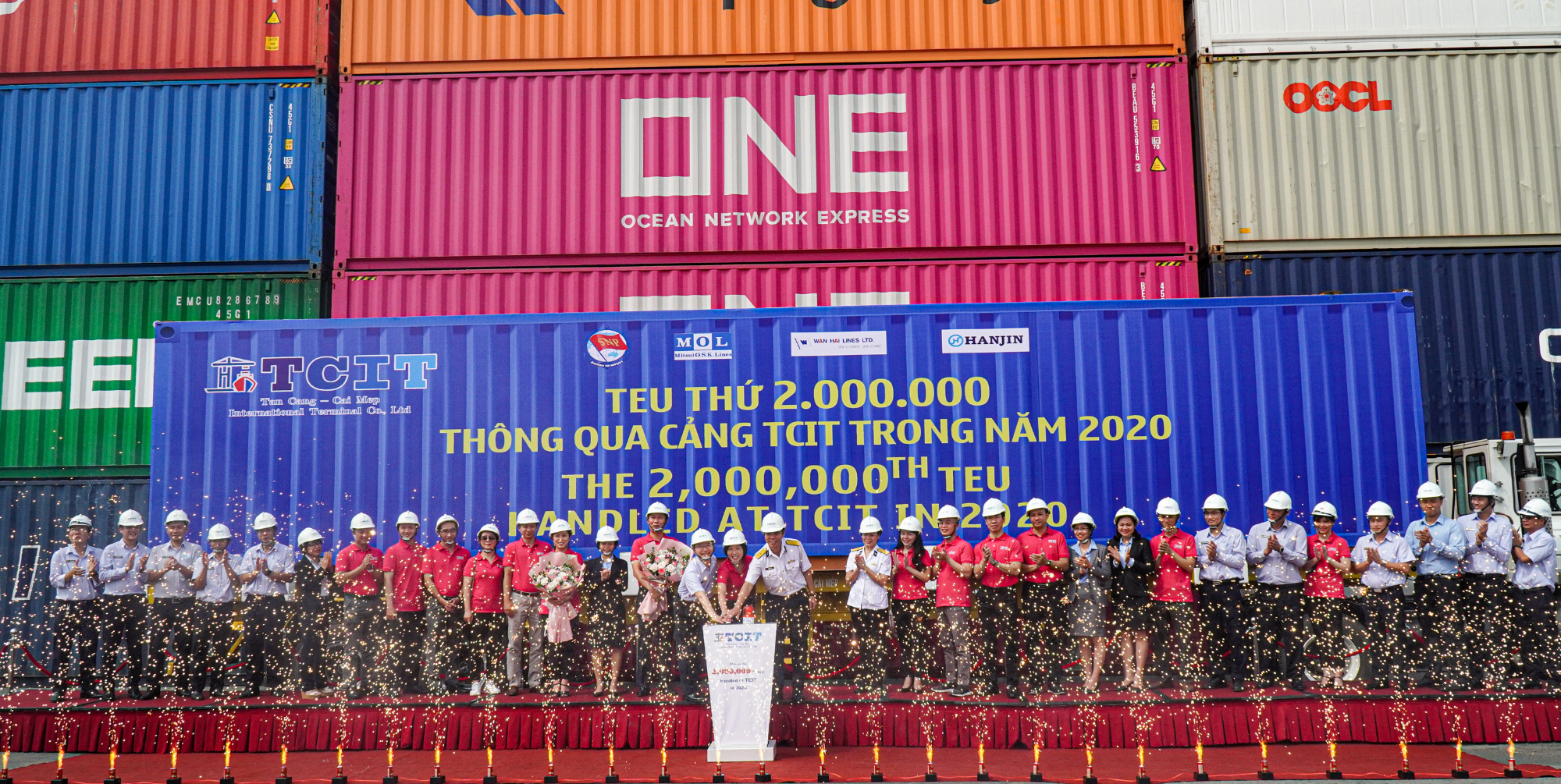
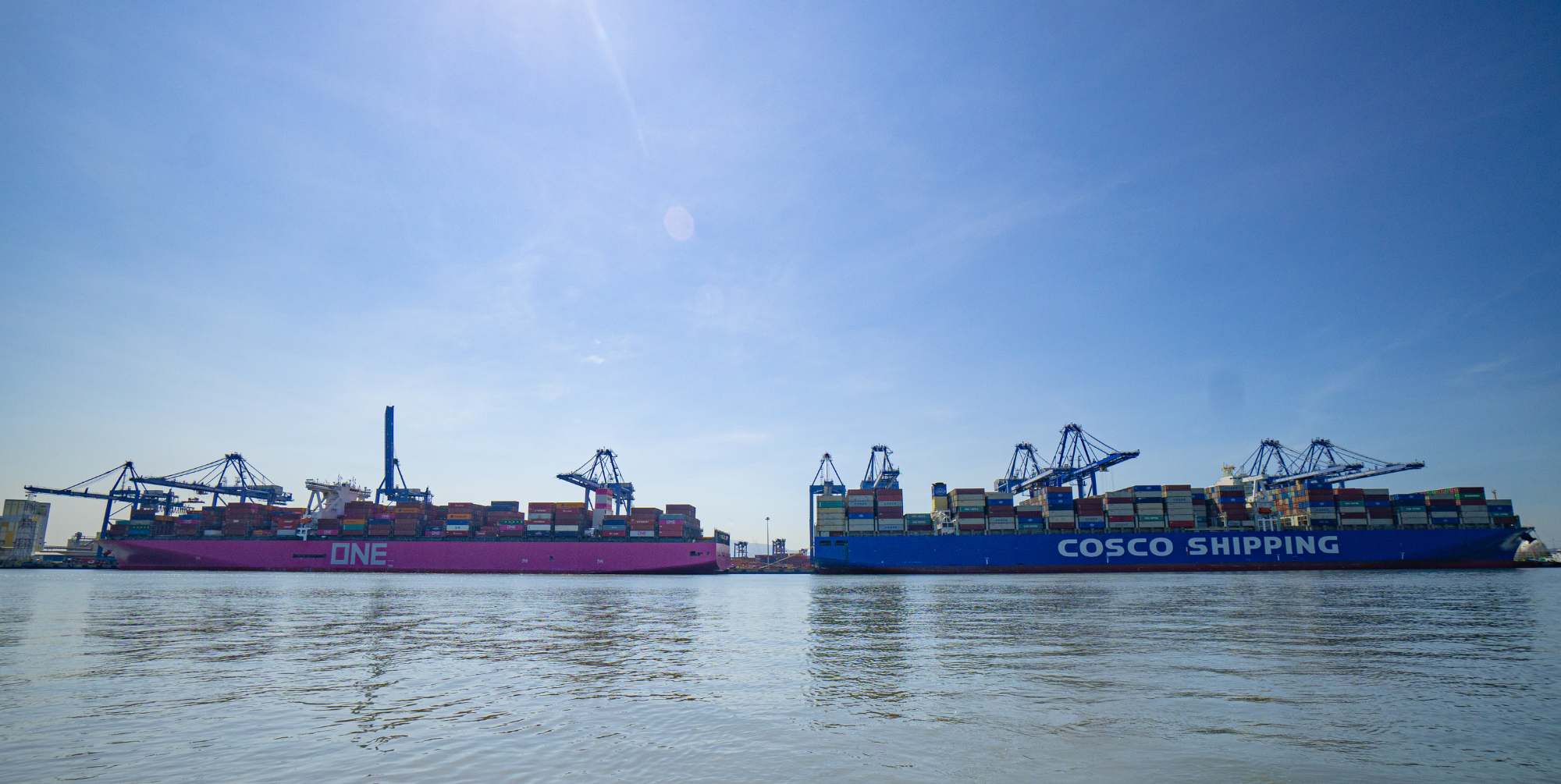
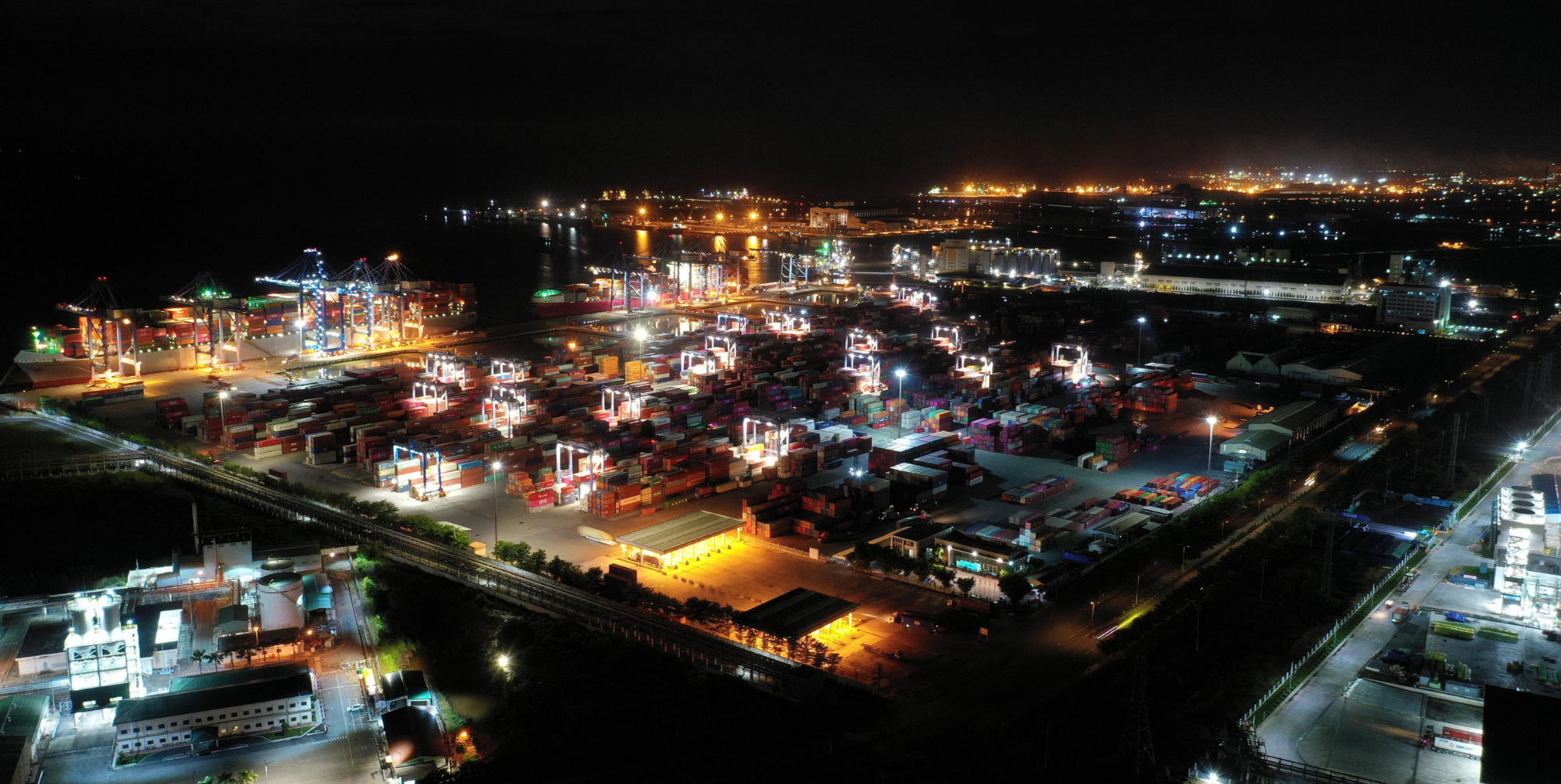
.jpg)
